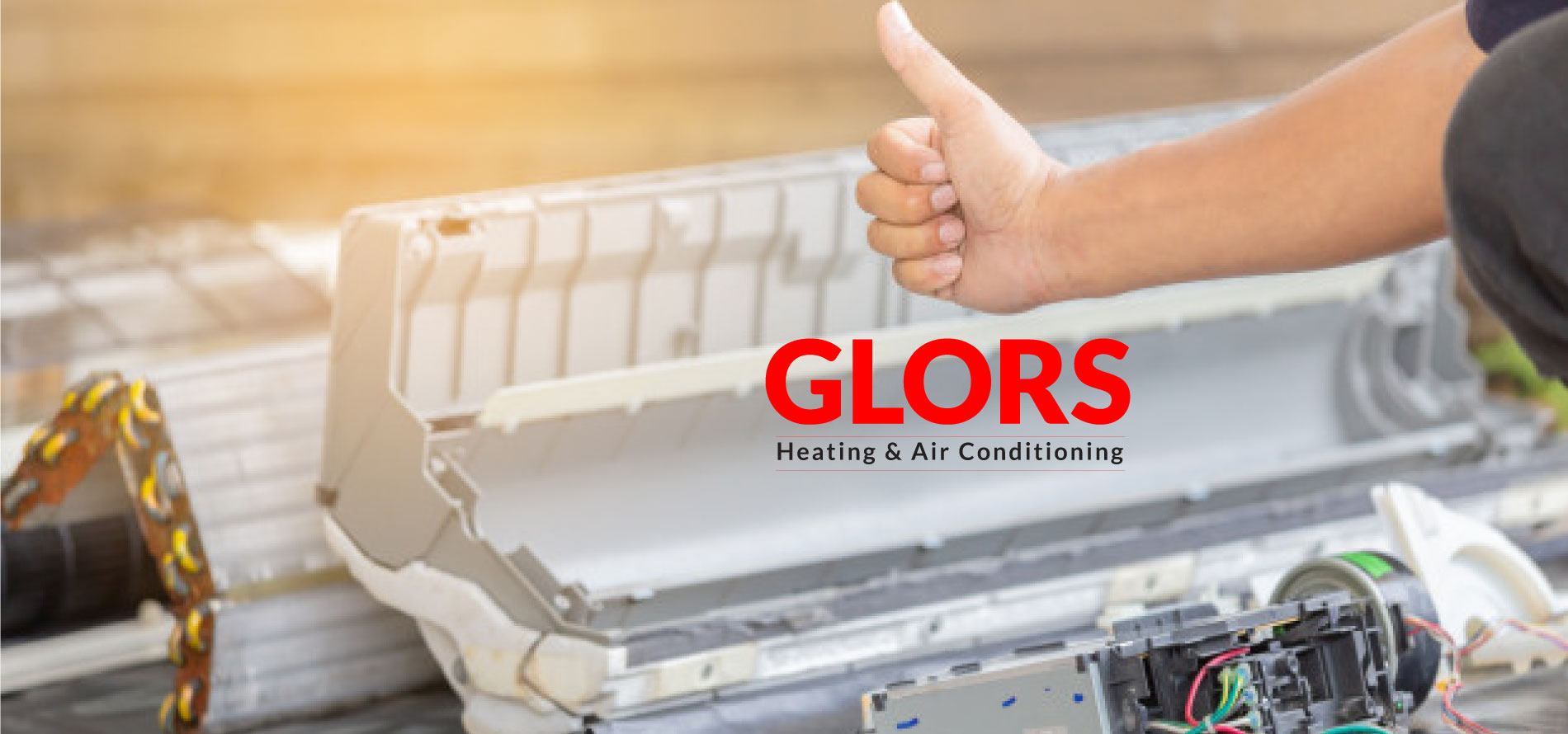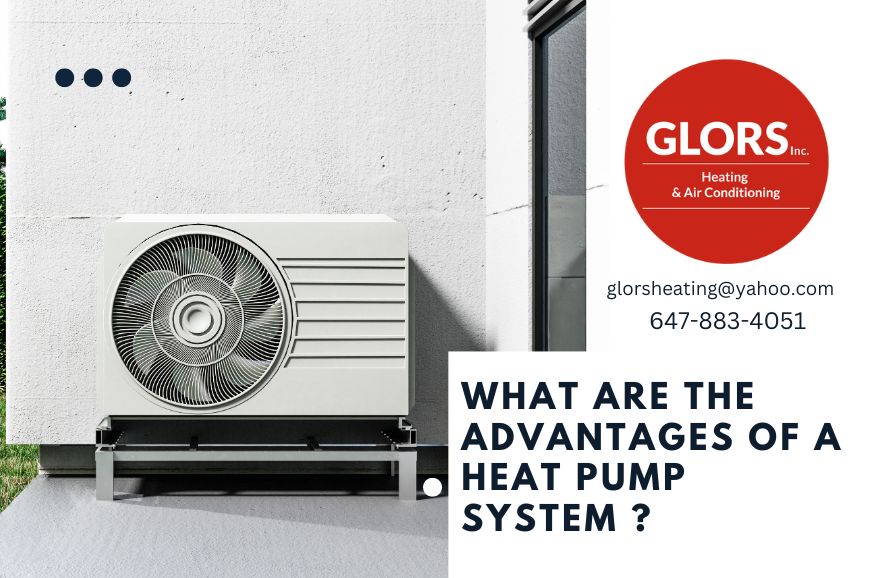Heat pump systems offer several advantages compared to traditional heating and cooling systems. Here are some of the key advantages:
-
Energy Efficiency: Heat pumps are known for their high energy efficiency. They transfer heat from one location to another instead of directly generating heat, which requires less energy. This can result in significant cost savings on your energy bills.
-
Heating and Cooling in One: Heat pumps are capable of both heating and cooling your space, making them versatile solutions for year-round comfort. They can reverse their operation to provide cooling during hot months and heating during cold months.
-
Environmental Friendliness: Heat pumps produce fewer greenhouse gas emissions compared to fossil fuel-based heating systems. This is especially true for electric heat pumps, which can be powered by renewable energy sources, such as solar or wind power.
-
Consistent Comfort: Heat pumps provide a more consistent indoor temperature compared to traditional systems. They don't produce sudden bursts of hot or cold air, but instead provide a steady and comfortable temperature.
-
Long Lifespan: When properly maintained, heat pumps can have a longer lifespan compared to some traditional heating and cooling systems. This can make them a cost-effective long-term investment.
-
Low Operating Costs: Due to their energy efficiency, heat pumps generally have lower operating costs over time compared to other heating and cooling systems.
-
Zoning Capability: Some heat pump systems allow for zoning, which means you can control the temperature in different areas or rooms of your home independently. This can lead to further energy savings by only conditioning the spaces that are currently being used.
-
Safety: Heat pump systems do not involve the combustion of fuels, reducing the risk of carbon monoxide leaks or other combustion-related safety concerns.
-
Low Maintenance: Heat pumps typically require less maintenance compared to traditional heating systems. Regular filter cleaning or replacement and occasional professional check-ups are usually sufficient.
-
Reversible Operation: Heat pumps can be used not only for indoor heating and cooling but also for heating water. This can further contribute to energy savings.
-
Stable Prices: Heat pump systems are generally less affected by fluctuating fuel prices, as they rely on electricity for their operation.
-
Government Incentives: Many governments offer incentives, tax credits, or rebates for installing energy-efficient heat pump systems, which can help offset the initial installation costs.
It's important to note that the effectiveness of a heat pump system can vary based on factors such as climate, insulation quality, and the specific type of heat pump used. Consulting with a professional HVAC technician or energy consultant can help you determine whether a heat pump system is the right choice for your specific needs and location.



